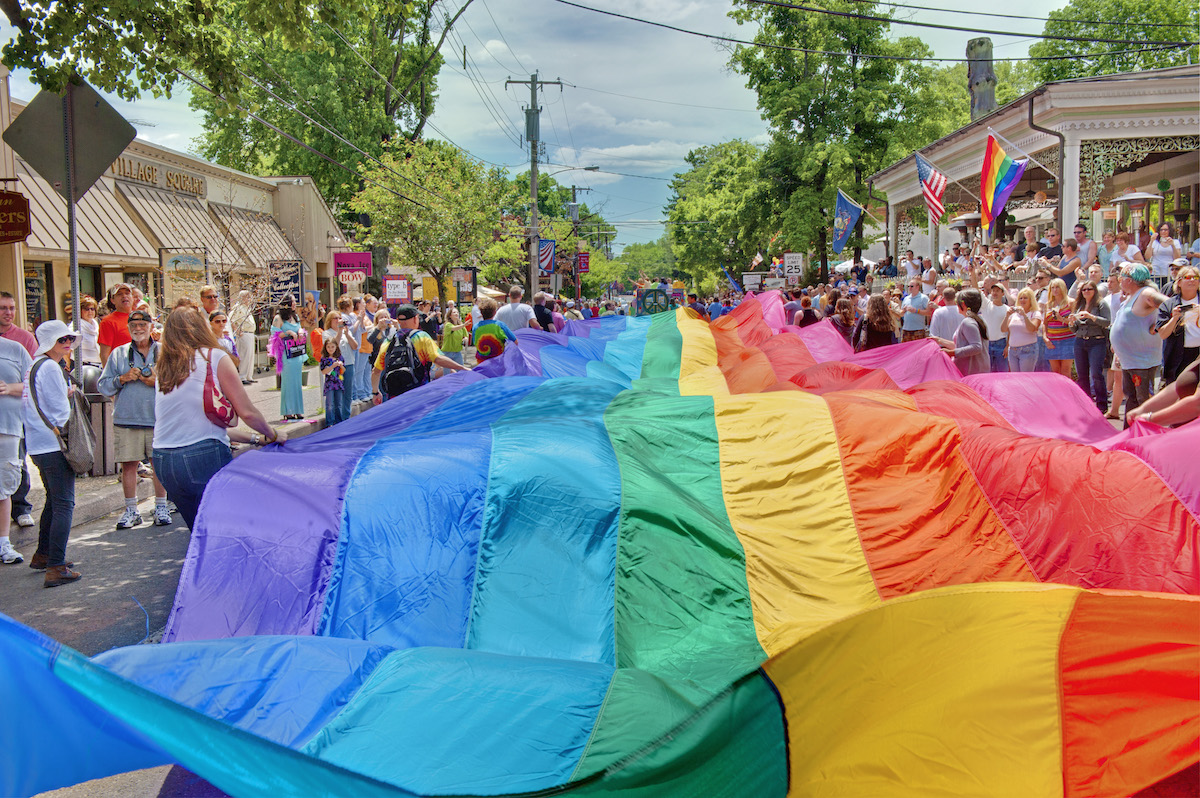In 2020, Pennsylvania is one of 29 states without laws prohibiting discrimination on the basis of sexual orientation or gender identity.
But Monday morning, the Supreme Court ruled 6-3 that the 1964 Civil Rights Act barring sex discrimination in the workplace protects LGBTQ employees from being fired because of their sexual orientation.
The court was deciding what the word “sex” means, and if it should encompass sexual orientation and gender identity. Defenders of the 1964 law say that it should stick entirely to describing biological sex.
But the Supreme Court decision, published Monday morning, says that likely, creators of the law weren’t thinking about many of the act’s consequences that have become apparent over the years, like prohibiting discrimination on the basis of motherhood or its ban on the sexual harassment of male employees.
“But the limits of the drafters’ imagination supply no reason to ignore the law’s demands,” the document says.
The decision notes that over the last 45 years, there have been many attempted bills to add the terms “sexual orientation” and “gender identity” to the list of protected classes in the 1964 law, but none have passed.
“In Title VII, Congress adopted broad language making it illegal for an employer to rely on an employee’s sex when deciding to fire that employee,” the decision reads. “We do not hesitate to recognize today a necessary consequence of that legislative choice: an employer who fires an individual merely for being gay or transgender defies the law.”
This federal law brings some clarity to Pennsylvania, where some municipalities, including Philadelphia and Pittsburgh, do have discrimination protections for sexual orientation and gender identity. But neighboring areas like Bucks, Montgomery and Delaware Counties do not have those same protections.
https://twitter.com/AmberHikes/status/1272556057152364551
“I am encouraged by today’s Supreme Court decision regarding employment discrimination against LGBTQ people across the United States. In Philadelphia, our LGBTQ communities were already protected under local laws, but found themselves vulnerable when they left city limits,” said Mayor Jim Kenney in a statement. “That’s why it was so critical that the Supreme Court affirm protections for LGBTQ people across the nation.”
The mayor noted the recent killings of trans people in the state and around the country, including Tony McDade, Nina Pop, Dominique Rem’mie Fells and Riah Milton.
“These losses came at a time when the community would normally be celebrating the joyous occasion of Pride Month,” Kenney said. “And while today’s news will not take away the pain so many are feeling, I hope it brings some sense of comfort that our country is slowly making progress.”
Celena Morrison, the executive director of the Office of LGBT Affairs, said in a statement that the city has been home to a vibrant LGBTQ community with laws in place to protect its members for a while, but that folks outside city limits deserve those protections.
“We are glad to see this affirmed on a national scale,” Morrison said.
Philadelphia Commission on Human Relations Executive Director Rue Landau said in a statement that the city has been protecting LGBTQ people from discrimination in employment, housing and places of public accommodation for nearly 40 years and this Supreme Court Decision “finally ends the patchwork of LGBTQ employment protections across the country.”
“Today, we can say all LGBTQ people in America have the right to be who they are in the workplace without the fear of being fired,” Landau said.







